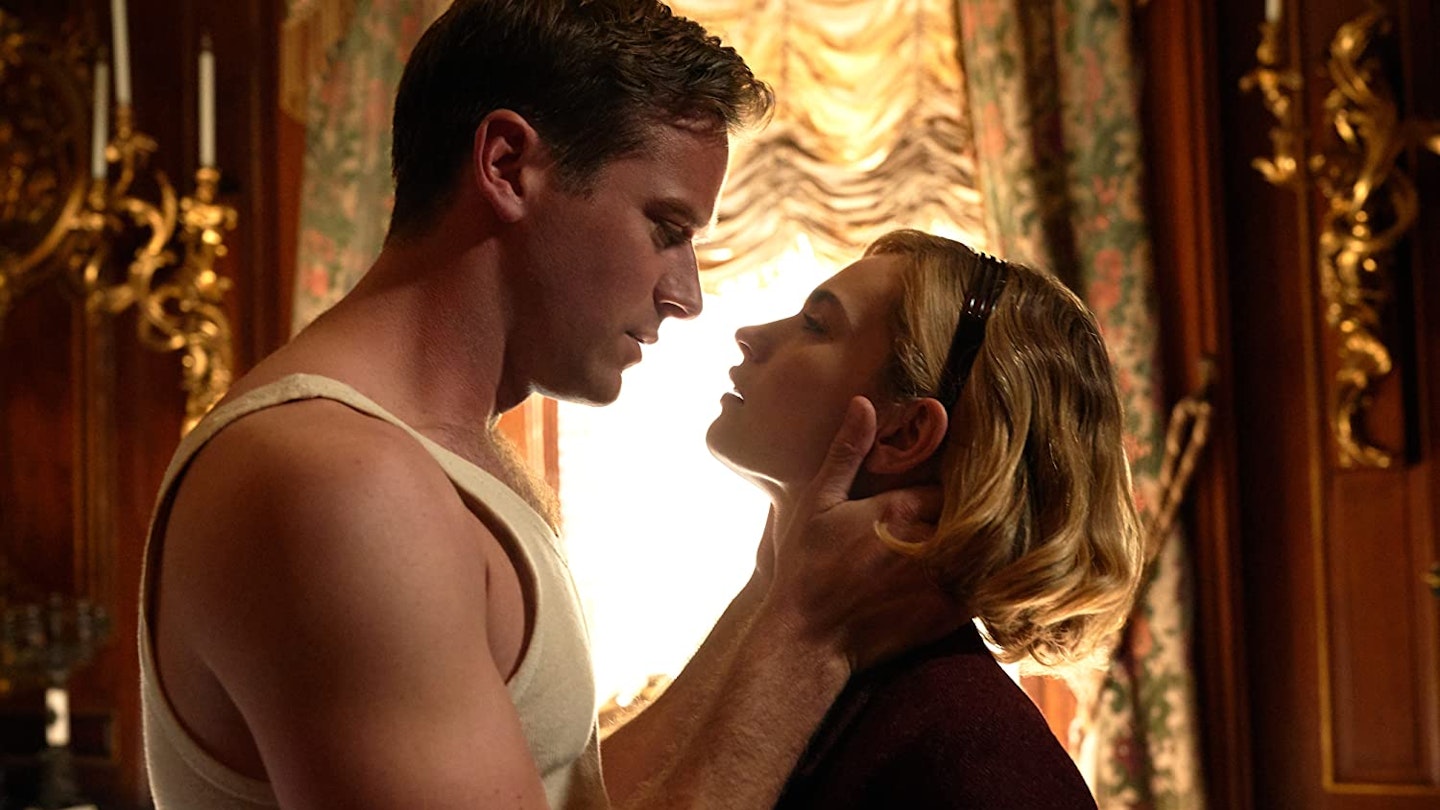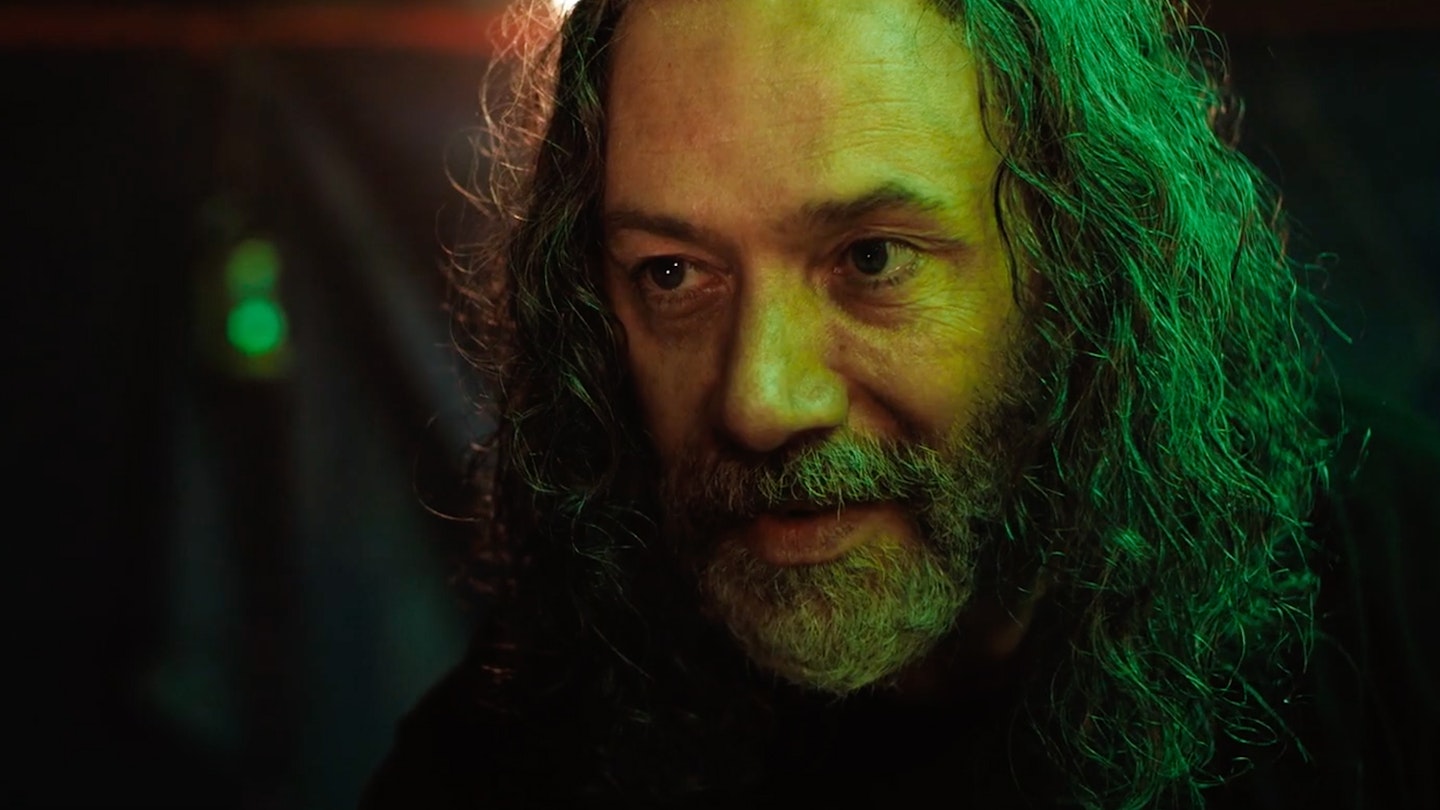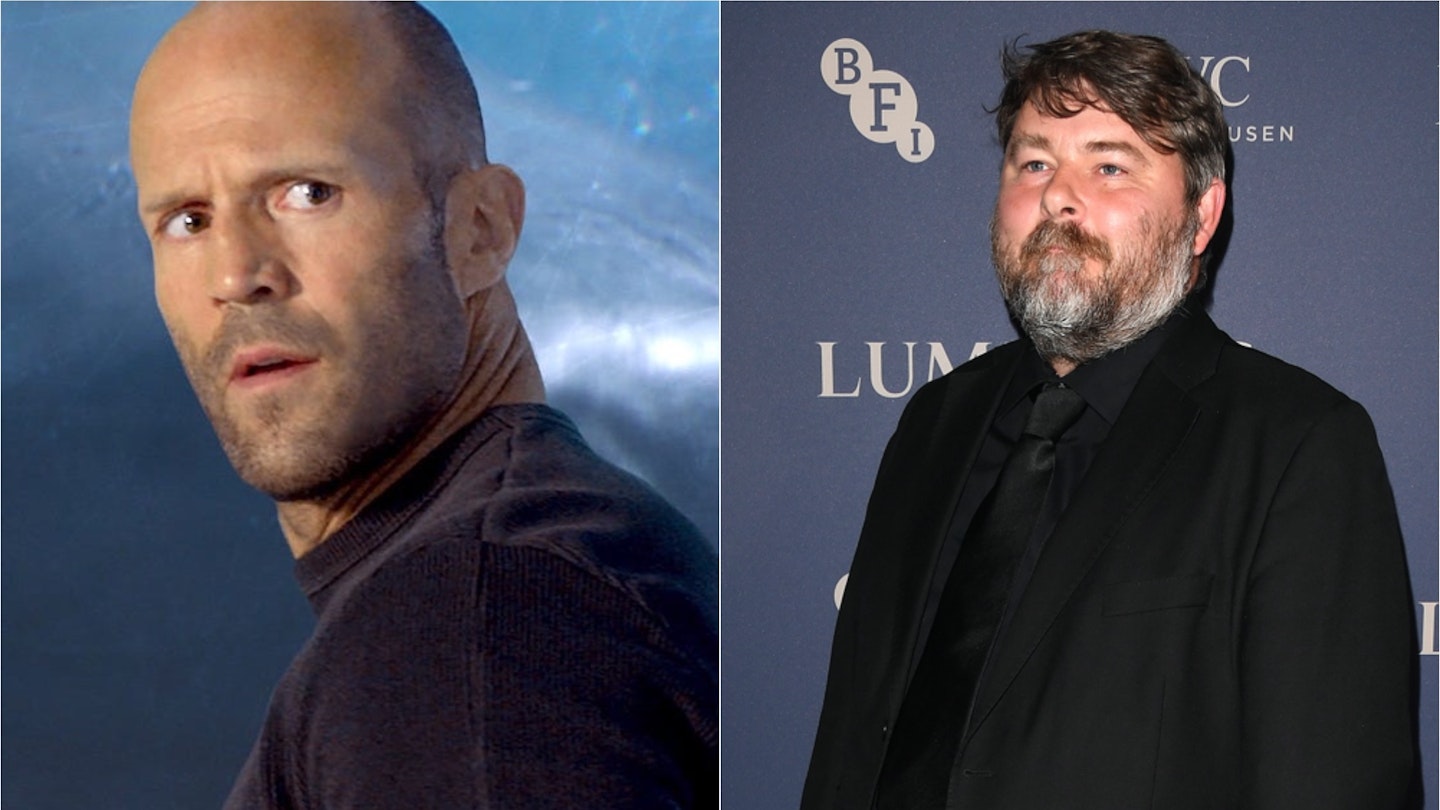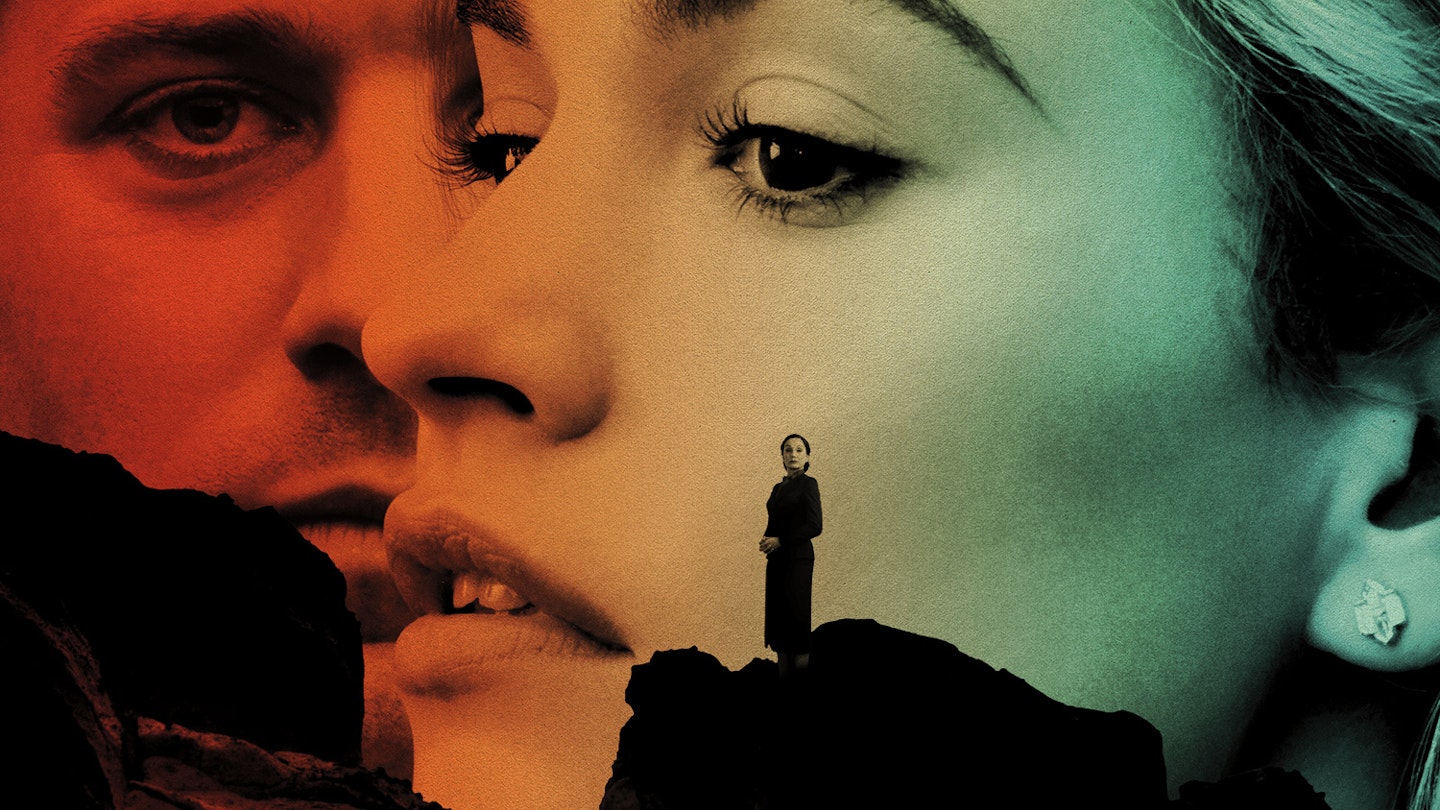The first Rebecca film, to use an obvious analogy, is a little like the first Mrs de Winter. In Daphne du Maurier’s classic 1938 gothic novel of romance and mystery, the titular Rebecca de Winter is both never seen and always there, her memory haunting every page, felt in every nook and cranny of the grand mansion of Manderley. And inevitably, the memory of Alfred Hitchcock’s 1940 adaptation also haunts Ben Wheatley’s 2020 take. Hitch’s famous silhouette is like Rebecca herself: always there, even when he’s not.
It’s a comparison that is simultaneously unfair (Wheatley has been clear that he was adapting the novel, not remaking the film) and impossible to ignore. For Hitchcock, du Maurier’s book — a study of toxic relationships, decades before the phrase “toxic relationships” was a thing — was a perfect marriage of director and material, rife with suspense and psychological riddles. This, on the other hand, feels like the most un-Wheatley Ben Wheatley film ever, and the new rhythm he’s operating in — classical Hollywood studio filmmaking from a scrappy, British indie auteur — is, at first, unsettling. How did he end up making a fairly conventional romantic thriller? Where is the murky darkness of Kill List, the dry, understated humour of Sightseers, or the transgressive weirdness of A Field In England?
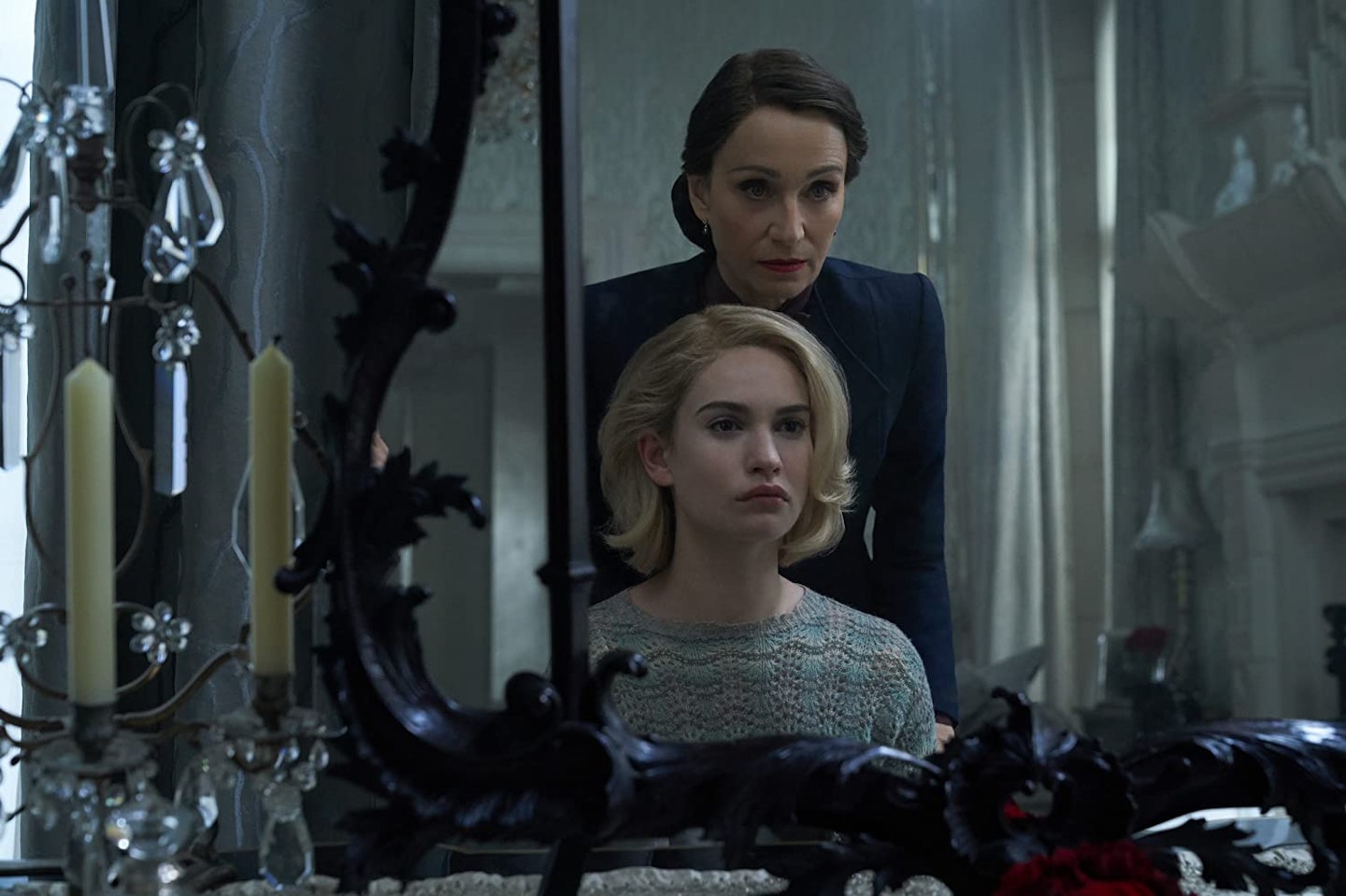
Once you accept that this is a largely faithful adaptation — no deviation from the original’s twists, no darker, surreal spin on the text — it starts to make a kind of sense. Du Maurier’s early-20th-century melodrama has been given a glossy 21st-century sheen. It’s shot and lit (by Laurie Rose) in a saturated, almost hyperreal style; compared to the subtle shadows of Hitchcock’s film-noir monochrome, this is a lurid, colourful romp, designed to bring a fusty tome to a younger crowd.
The cast are a significant difference, too. Armie Hammer is a little too young to play the worldly Maxim de Winter, and his accent occasionally drifts across the Atlantic, but he radiates the correct amount of preppy privilege, and enjoys the kind of easy, infectious chemistry with Lily Jamesthat the chaste 1940 film never could. Some worried whether James was too much of a leading lady to play the meek, symbolically never-named protagonist. But she is a skilled enough actor to suggest girlish naivety, while also (with the help of the script, by Jane Goldman, Joe Shrapnel and Anna Waterhouse) exploring the limitations that English society imposes on gender and class.
That’s an area also hinted at, if never exactly probed enough, in the fearsome Mrs Danvers — and Kristin Scott Thomas’ delicious performance as the vicious housekeeper is the one element of the modern Rebecca that truly surpasses Hitchcock’s take. Thomas is clearly having fun here, her every fibre withering with contempt for all who dare to enter her orbit, and it’s a wicked pleasure to see her deliver — through pursed lips — scathing lines like, “The first Mrs de Winter was most particular about her sauces.”
